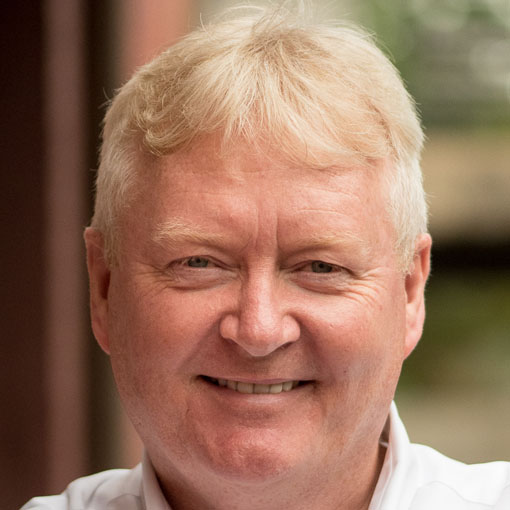Protein degradation: Looking back and moving forward
The 20th anniversary of the first paper published on the PROTAC® technology is July 17, 2021. In those 20 years, incredible progress and momentum has been generated, including the first benefit for patients demonstrated in multiple indications.
Our panel will take a look back at 20 years of discovery and development in targeted protein degradation (TPD), assess the current and near-term state of the field, and look at what the future holds.
The audience will gain insight into:
- Challenges for protein degradation companies - past, present, and future
- The distinct advantages PROTAC protein degraders have over other modalities
- Technological advances and novel approaches that will be needed to move the field forward








